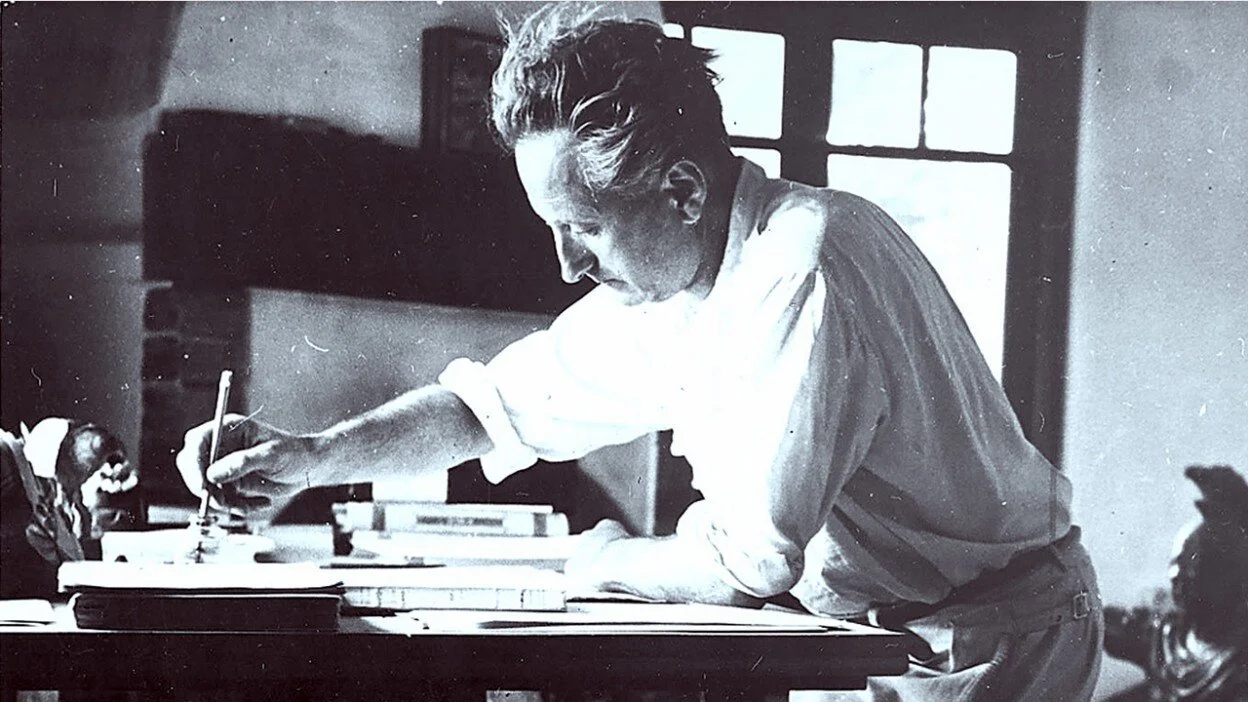The Epiphany 10: A Ten-Question Interview with Larissa Pham
William Trevor began his adult life as a sculptor and later described his writing as chipping away at a block of marble. Are you a chipper or a builder? In other words, do you chip away at a block of writing, or are you more methodical, building up the block brick by brick?
I'm definitely not methodical, but I'm not certain that I'm a chipper, either, although I suppose all creative nonfiction is a kind of chipping—an erosion of what "isn't" from the what "is" of life, until the text is formed. If there's a kind of sculptor who finds her way by diving blindly into the fog, hands extended, that's the kind of writer-sculptor that I am.
What was your first publication?
I'd published on my own blog & also on friends' blogs through college, so the actual first publication is a bit blurry with time, but I consider my first literary publication to be this lyric essay, called "The Prophecy," which was published at The Rumpus by Roxane Gay, in 2014. It's written in second person!
What are five books you are reading or thinking about now?
I've been reading—devouring, really—everything by Annie Ernaux, starting with A Girl's Story and then Simple Passion. I've been thinking about the poetic, multi-voiced structure of Beloved. I'm finishing up To the Lighthouse, which I'm reading for school (I'm getting my MFA in fiction at Bennington right now.) The next books on my to-read list are Passing, by Nella Larsen, and Afterparties, by Anthony Veasna So.
If you had to inhabit a fictional world, what would it be (i.e., the environment of which novel, short story, poem, song, etc.)?
I'm trying to think of a utopian world that I'd like to live in but it's hard. I think it'd be—well, not fun, but interesting to inhabit the world of a baroque space fantasy like Harrow the Ninth. If I had to go fictional, that could be neat, to have magic and whatnot.
What's the most interesting day job you've had?
I worked at a sex store in Park Slope for a year. And I also worked in antiviolence, on the communications side, for two years, working to educate around and bring awareness of hate violence and intimate partner violence against and within the LGBTQ community. Those two jobs, combined, probably taught me more about power and human nature than any other setting I've been in.
Your book POP SONG is a collection of nonfiction essays. Your first book, FANTASIAN, was a work of fiction. Can you talk about the difference between fiction and essay in your mind? How do you approach writing in each genre, respectively?
I've joked about this because I've started writing fiction again, after many years, but the main difference to me is that in fiction you can lie. In creative nonfiction there is always an awareness of truth—you're writing toward it, you're writing around it. You can't take the truth of life away from a piece of nonfiction, and that's really fun to play with, and to interrogate, the nature of memory and language's imprecision and all that. That's often why I'm interested in writing a particular essay—to navigate that truth.
But in fiction, you are relying on language to create a world, and you can fabulate within that world—you can make things, create things, take the memory of "real" things and change them until they're something new. Your reliance on language becomes different; you count on it to do something else for you. And there is a truth within fiction of course, too, I think often we're still writing toward a felt truth. But the mechanism is different, and it feels like a real relief to be able to look at something in a short story or novel and think, how can I shape this to say what I really want to say?
What's the best advice on writing you've received?
I think often of something Alexander Chee said when talking about his process. He mentioned that he'll start a day with new writing—something fresh, instead of rereading the previous day's work. He leaves the rereading and absorbing and editing until later. When I understood that sometimes rereading something you've just written can derail you, or leave you feeling satisfied, or like you've accomplished something that you haven't, I realized how helpful it is to just get new words down on the page.
How do you work? Are you disciplined? Undisciplined? Do you have fits and starts of writing mania, or are you slower and more methodical?
I used to be incredibly undisciplined and everything I wrote came out in giant bursting founts of a day or two weeks. Now that I write for a living, and now that I'm working on longer projects, I have to be more disciplined, I have to write every day, or try to. But I think I still do best with that manic tight deadline—I wrote Fantasian in six weeks; I wrote Pop Song in six months.
What are you working on now?
I'm in grad school, so I'm working, alternatively, on novel chapters and fun little elegant short stories that hope to address formal questions that bother or intrigue me.
What's an interview question you've never been asked that you wish had been?
Larissa, do you think that it's necessary to be a socialist if you're an artist? Why yes, I do think so. To live a life intimately entwined with the arts and to nurture the arts and advocate for arts education means we must also advocate for a living wage and fair conditions for all workers, healthcare and housing stability for all, and the abolishment of the prison industrial complex. It's our responsibility as artists to work toward a world where everyone can live well and freely pursue their creative desires. What a great question.





